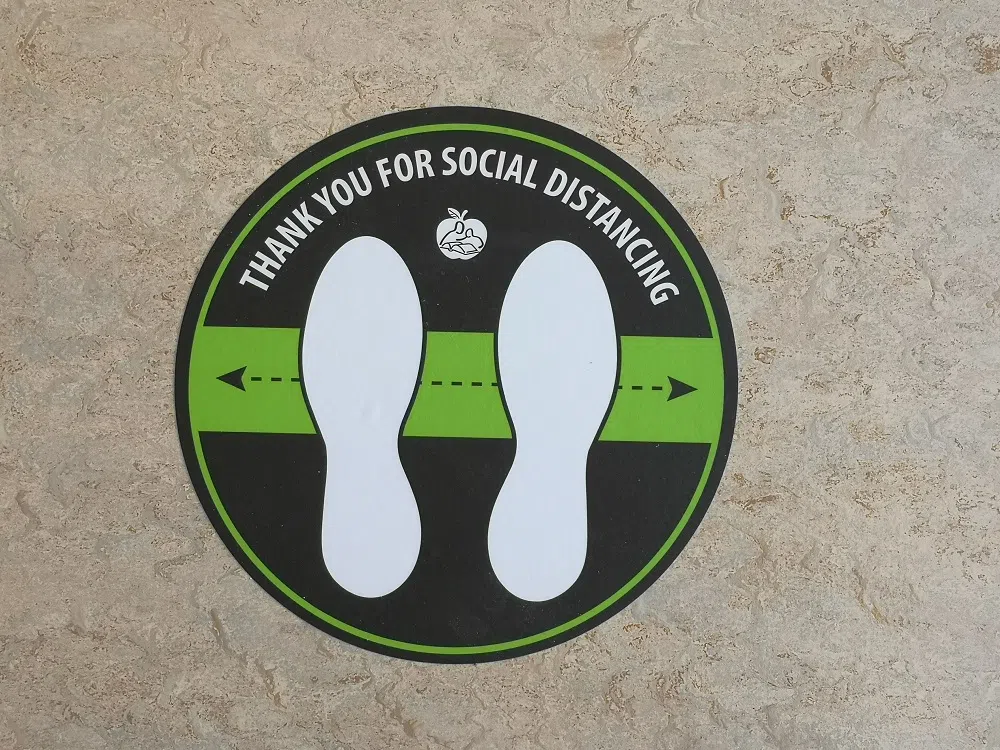The University of Saskatchewan is undertaking a project that creates a COVID-19 archive.
The project will train students to interview Saskatchewan people, including nurses, teachers, business owners, students, and journalists to document how the pandemic has affected our culture.
Professor and Canada Research Chair in the History of Health and Social Justice in USask’s College of Arts and Science is creating a digital archive of provincial residents’ experience with the COVID-19 pandemic to ensure that their stories and material can prepare the province to better cope with future health crises.
Dr. Erika Dyck says researchers also want to gather perspectives from vaccine scientists, ICU physicians and nurses, employees at foodbanks, Prairie Harm Reduction, and marginalized people.
Dyck says Saskatchewan is an important focus for the community archive project because by the fourth wave of the pandemic, and later, this province had the unenviable distinction of having among Canada’s highest infection rates and death rates.
She says, “At its core, we want to understand the legacy of COVID-19 for Saskatchewan people because we will be confronting its effects for years to come.”
To help the archives project, USask digital historian Dr. Jim Clifford (PhD) is capturing digital records of pertinent media releases, twitter feeds and social media campaigns.
The public archive project has been awarded a Partnership Development Grant of $200,000 over two years by the Social Sciences and Humanities Research Council of Canada (SSHRC).




















